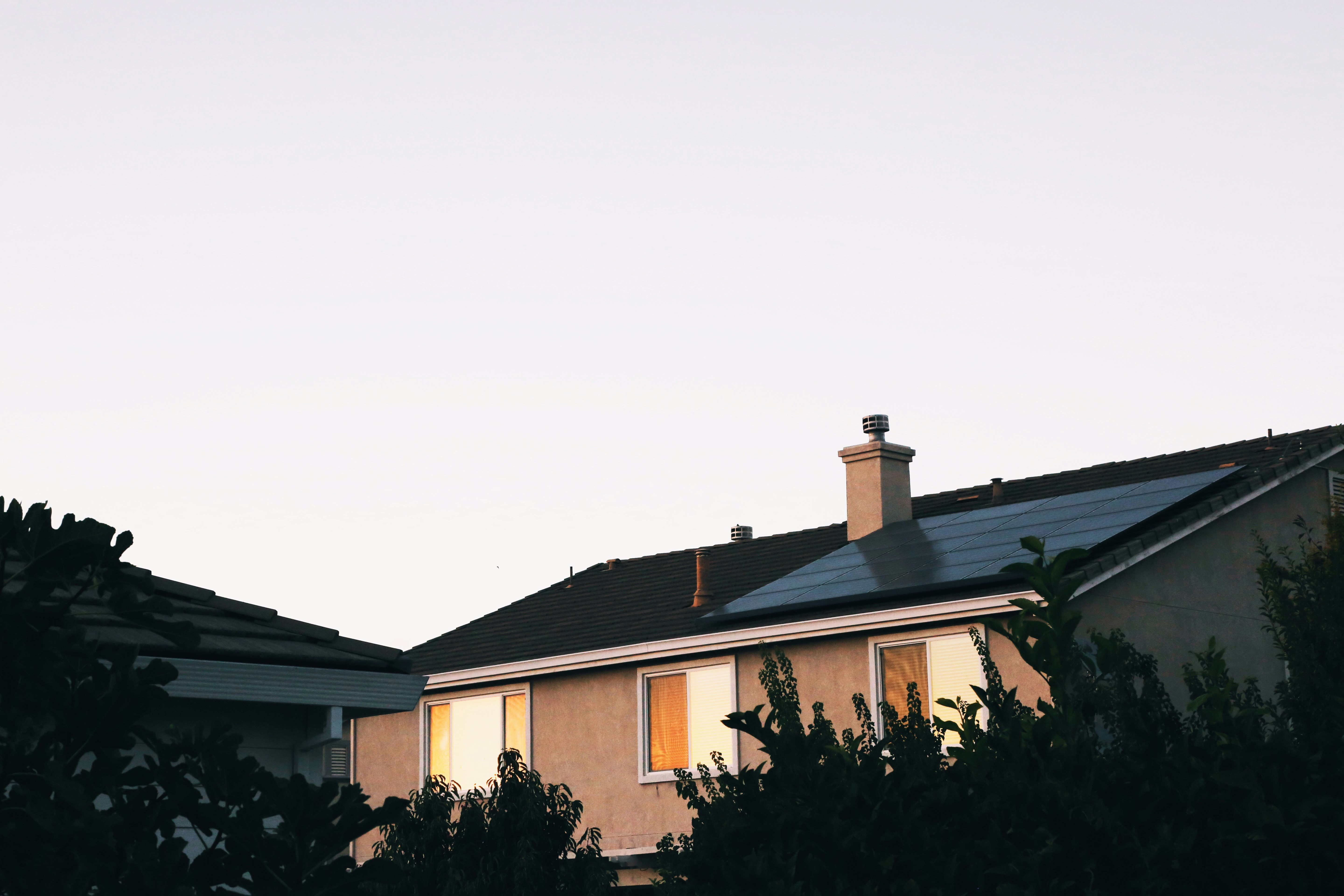Residential Solar Installation in the UK: Harnessing the Power of the Sun
March 8, 2024 | by solariseuk.com
 Photo by Giorgio Trovato on Unsplash
Photo by Giorgio Trovato on Unsplash Introduction
With the rising concern for the environment and the need for sustainable energy sources, residential solar installation has gained significant popularity in the UK. Harnessing the power of the sun, homeowners are now able to generate their own clean and renewable energy, reducing their carbon footprint and saving on energy costs. In this blog post, we will explore the benefits of residential solar installation in the UK and provide an overview of the process.
Benefits of Residential Solar Installation
1. Cost Savings: One of the primary advantages of residential solar installation is the potential for significant cost savings. By generating your own electricity, you can reduce your reliance on the national grid and lower your energy bills. Additionally, the UK government offers various financial incentives, such as the Feed-in Tariff scheme, which allows homeowners to earn money by selling excess electricity back to the grid.
2. Environmental Impact: Solar energy is a clean and renewable source of power. By installing solar panels on your roof, you can significantly reduce your carbon footprint and contribute to the fight against climate change. Solar energy produces no greenhouse gas emissions and helps to preserve the natural resources of our planet.
3. Energy Independence: With solar panels installed on your property, you become less reliant on traditional energy sources. This provides a sense of energy independence and security, particularly in times of power outages or energy price fluctuations.
4. Long-Term Investment: Residential solar installation is a long-term investment that can increase the value of your property. Solar panels have a lifespan of around 25-30 years, and their presence can make your home more attractive to potential buyers, especially those who prioritize sustainable living.
The Residential Solar Installation Process
The process of installing solar panels on your residential property involves several steps:
1. Solar Assessment: A qualified solar installer will visit your property to assess its suitability for solar installation. Factors such as roof orientation, shading, and structural integrity will be evaluated to determine the optimal placement of the solar panels.
2. System Design: Based on the assessment, the solar installer will design a customized solar system that meets your energy needs. This includes determining the number and type of solar panels, as well as the necessary inverters and mounting equipment.
3. Installation: Once the design is finalized, the solar panels will be installed on your roof. The installation process typically takes a few days and is carried out by trained professionals. Safety precautions and building regulations will be adhered to throughout the installation.
4. Connection to the Grid: After the installation, your solar system will need to be connected to the national grid. This involves the installation of a generation meter and the necessary paperwork to register for the Feed-in Tariff scheme, if applicable.
Conclusion
Residential solar installation in the UK offers numerous benefits, including cost savings, environmental impact, energy independence, and long-term investment. By harnessing the power of the sun, homeowners can reduce their carbon footprint, save on energy bills, and contribute to a sustainable future. If you are considering solar installation, consult with a reputable solar installer to assess the feasibility and potential benefits for your property.
RELATED POSTS
View all
